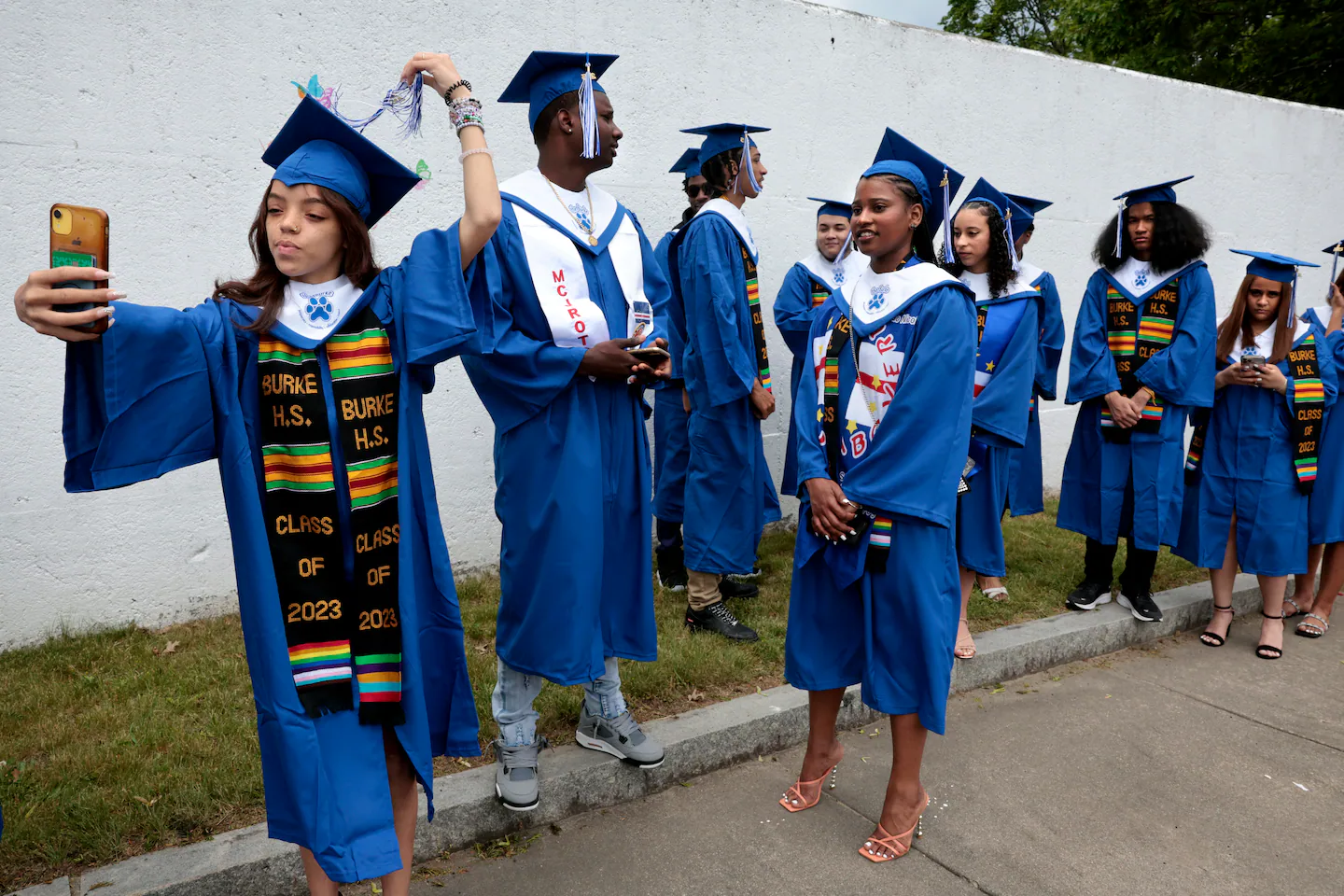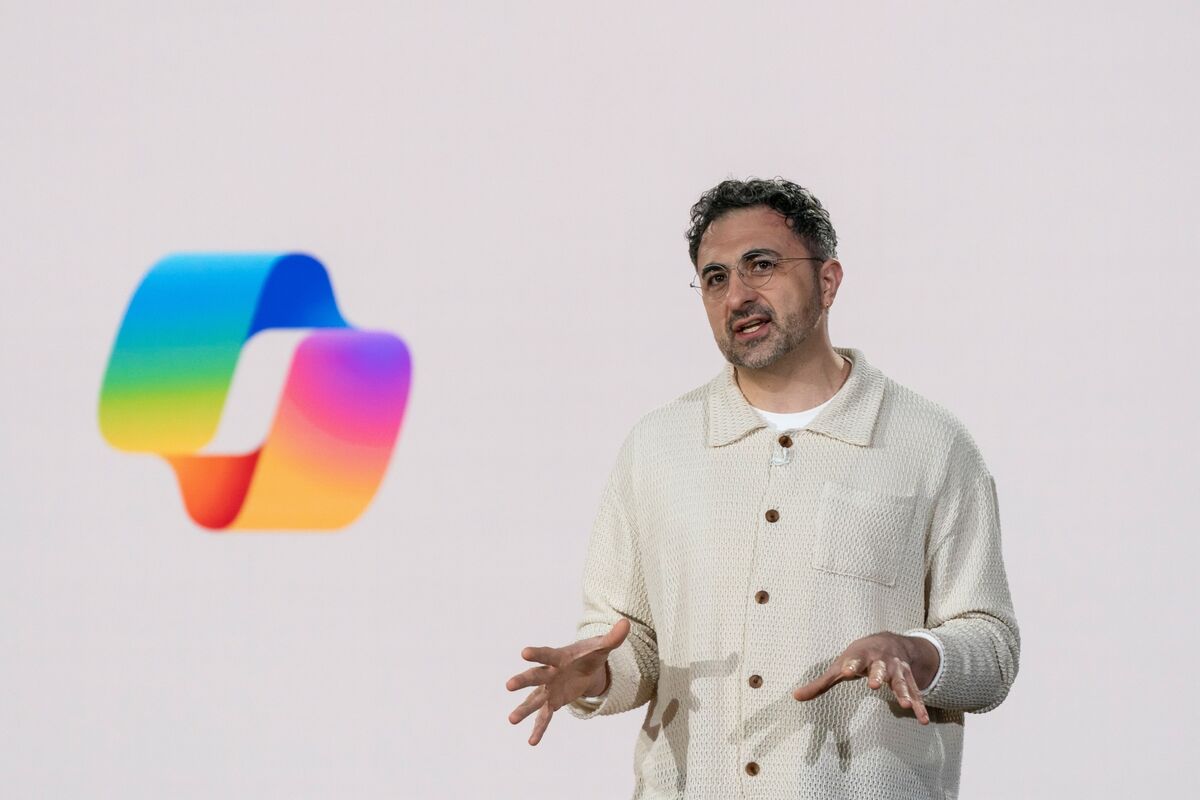Copyright The Boston Globe

Before we rush toward accountability measures, let’s consider alternative assessments Kudos to the Boston Globe editorial board for accepting the fact that there are better ways to assess student achievement than the one-dimensional MCAS (“New graduation requirement should include coursework, proof of learning”). Many of the ideas for alternative assessments found in your Nov. 2 editorial deserve serious consideration. I was disappointed, however, that no mention was made of the fact that the original wording of the Education Reform Act of 1993 called for “a variety of assessment instruments.” In fact, I was part of a large cohort of educators around that time who participated in a statewide research project designed to explore the viability of portfolio assessments. As I recall, John Silber, who was chair of the state Board of Education, opposed the idea of alternative assessments and supported what seemed safe and familiar to him, an approach to testing exemplified by the MCAS. I never understood why, by using just one assessment instrument that evaluated a narrow range of 20th-century skills, we missed an opportunity to assess the skills and knowledge that students need to live in the 21st century. Before we rush to implement new accountability measures now, we have an opportunity to examine our assumptions about schooling by asking some hard questions, ranging from our expectations for kindergarten readiness to the impact of AI. Advertisement We need to go back to first principles by delineating what we want our children to know and be able to do in a world that is on the brink of radical change, and then decide how we can best achieve and assess the desired outcomes. Mariam Karis Cronin Merrimac The writer worked as a secondary school teacher and curriculum coordinator for nearly 50 years. She currently tutors in an elementary school. Schools need to provide students with a range of skills and capacities There’s no doubt that “state voters made clear they do not want a statewide exit exam,” as the Globe’s editorial pointed out (“New graduation requirement should include coursework, proof of learning”). What’s more, it’s clear that education stakeholders expect our schools to provide students with a wide range of skills and capacities, most not measured by standardized exams. Advertisement Citizens for Public Schools has been holding a series of People’s Forums on Graduation Readiness with hundreds of education stakeholders. Participants said they want students to learn math, English language arts, science, and history. But they also said that, to succeed in our rapidly changing society, students need real-world skills such as financial and digital literacy, communications skills, critical thinking, civic-mindedness, social-emotional health, and the abilities to collaborate and to be a lifelong learner. Listening sessions held by the governor’s K-12 Statewide Graduation Council drew similar responses. Given this consensus about what we want our students to know and be able to do, why would the governor’s administration consider returning to the same ideas for measuring readiness to graduate that the voters rejected? It’s time to turn the page and take this opportunity to truly prepare our students for their lives after high school. Lisa Guisbond Executive director Citizens for Public Schools Brookline



